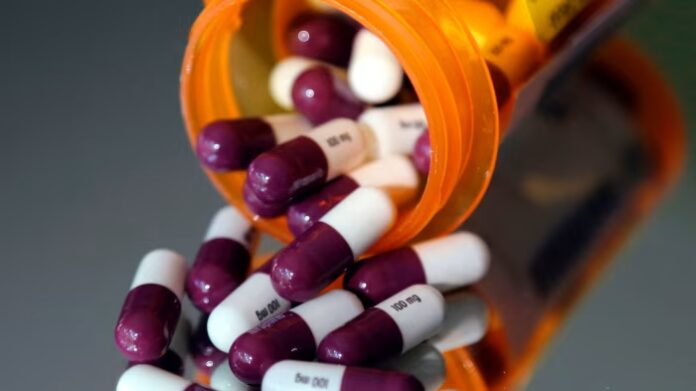Unlock the Editor’s Digest for free
Roula Khalaf, Editor of the FT, selects her favourite stories in this weekly newsletter.
Sir Keir Starmer’s government believes it is closing in on a major drug pricing deal with the White House, in which Britain would pay billions of pounds more to buy some medicines in exchange for the US imposing “low to zero” tariffs for UK pharmaceutical exports.
British officials say talks are at an advanced stage. The ultimate prize, they say, would be for zero tariffs for all drugs made in the UK. Some people briefed on the talks say the US could push for a tariff of 10 per cent.
Varun Chandra, Sir Keir Starmer’s chief business adviser, has been leading talks. “We are quite close,” said one London official. “There have been extensive talks over the last 10 days.
“The pharma companies are pushing for a better deal, but we’ve told the US this is as far as we can go. We are demonstrating that we are taking on board their concerns.”
The UK government has proposed increasing the value at which the NHS deems a medicine cost-effective by up to 25 per cent, according to two officials.
But pharma industry sources said any deal would also have to include changes to the UK’s tax on medicine sales, otherwise any additional upfront spending would be clawed back under the tax, which caps how much the NHS spends on drugs.
A US official signalled talks with the UK were progressing but that a deal was not imminent.
Trump announced plans for a 100 per cent tariff on branded medicines imported into the US late last month, but has not yet followed up with an executive order. The EU has said that its pharma exports will only be subject to a 15 per cent tariff, in line with its broader trade deal.
Chandra has made it clear that Britain is willing to increase its spending on medicines — long a source of contention with the Trump administration — with UK officials confirming this would be a “significant one-off shift”. This would disappoint industry, which is pushing for the valuation metric, known as a quality adjusted-life year, to keep moving up in line with inflation.
Officials said even the one-off move would add billions of pounds a year to Britain’s drugs bill over time as new and innovative products come on to the market. But they added that the initial cost to the cash-strapped UK Treasury would “not be big billions”.
There is yet to be an agreement over how the new drugs bill would be funded, although some in the Treasury believe it should come out of the existing NHS budget. Reeves last year increased the total health and social care budget by £22bn.
Two industry sources familiar with the negotiations also said the US was likely to demand the UK commit to increasing the proportion of GDP the country spends on innovative medicines, possibly doubling from 0.3 to 0.6 per cent. The US spends about 0.8 per cent, according to data compiled by the Association for the British Pharmaceutical Industry.
Reeves, speaking on a visit to Washington DC this week, said she wanted to make Britain a more attractive location for global pharma companies and she was prepared to increase the amount Britain spends on drugs.
“We do need to make sure that we are an attractive place for pharmaceuticals and that includes on pricing,” Reeves said. “But in return for that we want to see more investment flow. That also requires NHS Trusts to be more open and willing to facilitate those trials as well.
“We are working very closely both with both the pharmaceuticals industry and with the US on negotiations around tariffs. We have been very successful with the US in negotiating lower tariffs than anywhere else in the world and we want that to be the case with pharmaceuticals as well.”
Source link






